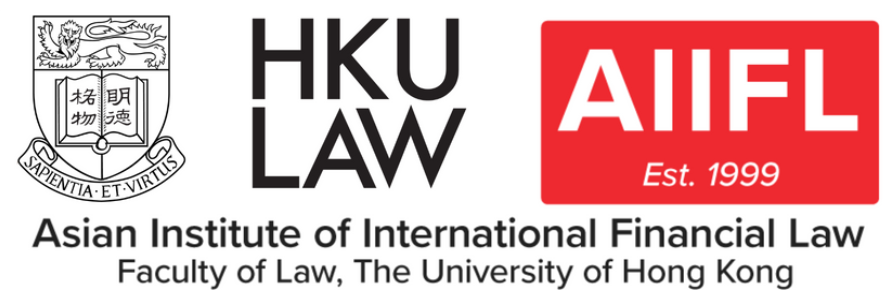The 11th AIIFL Distinguished Public Lecture
For Diversity in the International Regulation of Financial Institutions: Rethinking the Basel Architecture
Professor Roberta Romano
Sterling Professor of Law and Director
Yale Law School Center for the Study of Corporate Law
Monday, 4 June 2012, 6:30 – 7:30 pm
Theatre 6, 1/F Meng Wah Complex, University of Hong Kong
This paper challenges the prevailing view of the efficacy of harmonization of international financial regulation and provides a mechanism for facilitating regulatory diversity within the Basel Accords framework. Recent experience suggests that regulatory harmonization may increase, not decrease, systemic risk. By incentivizing financial institutions worldwide to follow broadly similar business strategies, regulatory error can lead to global institutional failure. Furthermore, the fast-moving, dynamic nature of financial markets renders it improbable that regulators can predict with any confidence what optimal capital requirements or other regulatory policies are to reduce systemic risk, the objective of global harmonization efforts, nor what future categories of activities or institutions might generate systemic risk, for a rule appropriate in a current context may not be appropriate for a future one, as technological, economic and legal conditions change, and as the behavior of regulated firms changes in an unanticipated manner in response to regulation. As a consequence, there are bound to be regulatory mistakes, both large and small. Moreover, an internationally-harmonized regime impedes the acquisition of knowledge concerning the comparative effectiveness of differing regulatory arrangements, as nations are discouraged from experimenting with alternative regulatory approaches.
The paper contends, accordingly, that there is both value in and a need to increase the flexibility of the international financial regulatory architecture and advocates, as a means of implementing that goal, permitting regulatory diversity and experimentation within the existing Basel framework. It proposes making the Basel regime more adaptable by creating a mechanism by which departures in multiple directions and dimensions from Basel’s strictures would not only be permitted but would be encouraged, while providing safeguards, given the limited knowledge that we do possess, against the ratchetting up of systemic risk. The core of the proposal is peer review of proposed deviations from Basel, and ongoing monitoring of departures, for their impact on global systemic risk. Such an approach would both improve the quality of regulatory decision making by providing information about what regulation works best under what circumstances and a safety valve against regulatory errors’ increasing systemic risk, by reducing the likelihood that all international banks will be following a flawed strategy.
Professor Roberta Romano is a Sterling Professor of Law and Director of the Yale Law School Center for the Study of Corporate Law. Romano’s research has focused on state competition for corporate charters, the political economy of takeover regulation, shareholder litigation, institutional investor activism in corporate governance, and the regulation of securities markets and financial instruments and institutions. Romano is a fellow of the American Academy of Arts and Sciences and the European Corporate Governance Institute and a research associate of the National Bureau of Economic Research. Romano is a past president of the American Law and Economics Association and the Society for Empirical Legal Studies, and a past co-editor of the Journal of Law, Economics and Organization. Romano is the author of “The Genius of American Corporate Law” and “The Advantage of Competitive Federalism for Securities Regulation”, and series editor of the Foundations of Law reader series and editor of the volume in the series, Foundations of Corporate Law (2d ed.).



 AIIFL Publications
AIIFL Publications